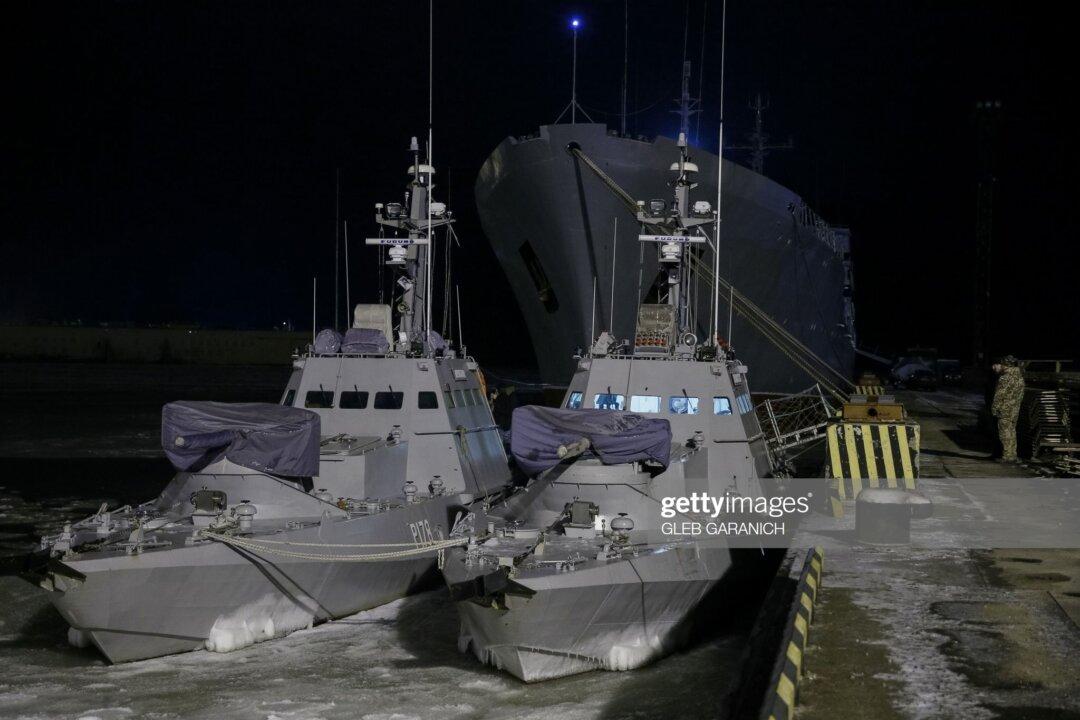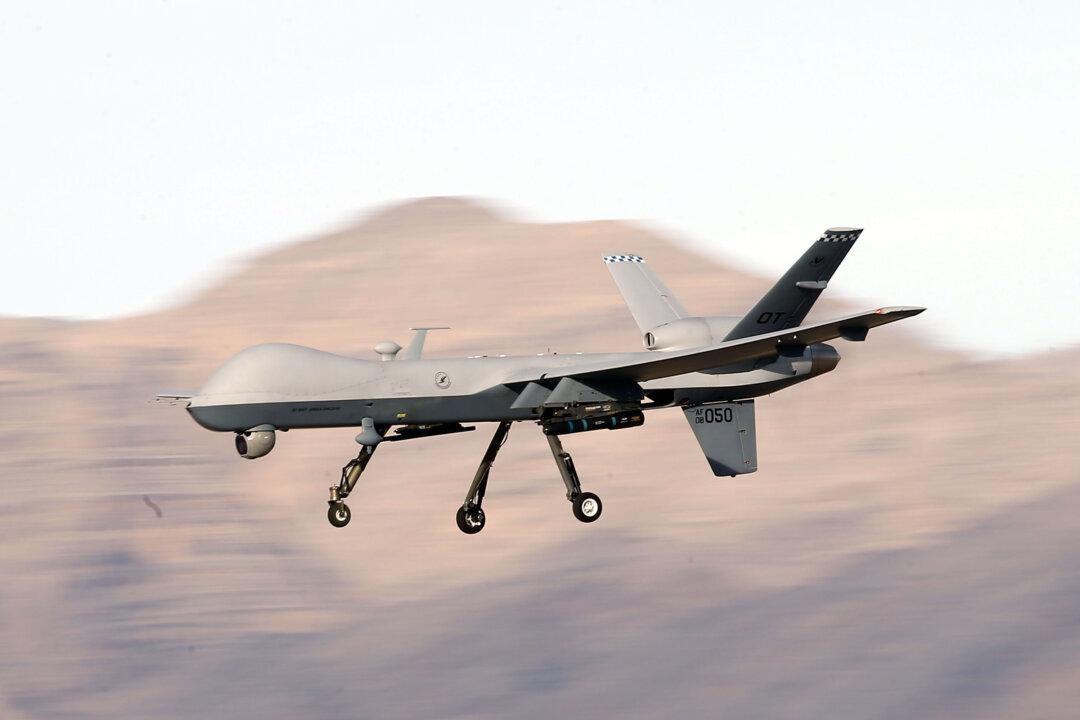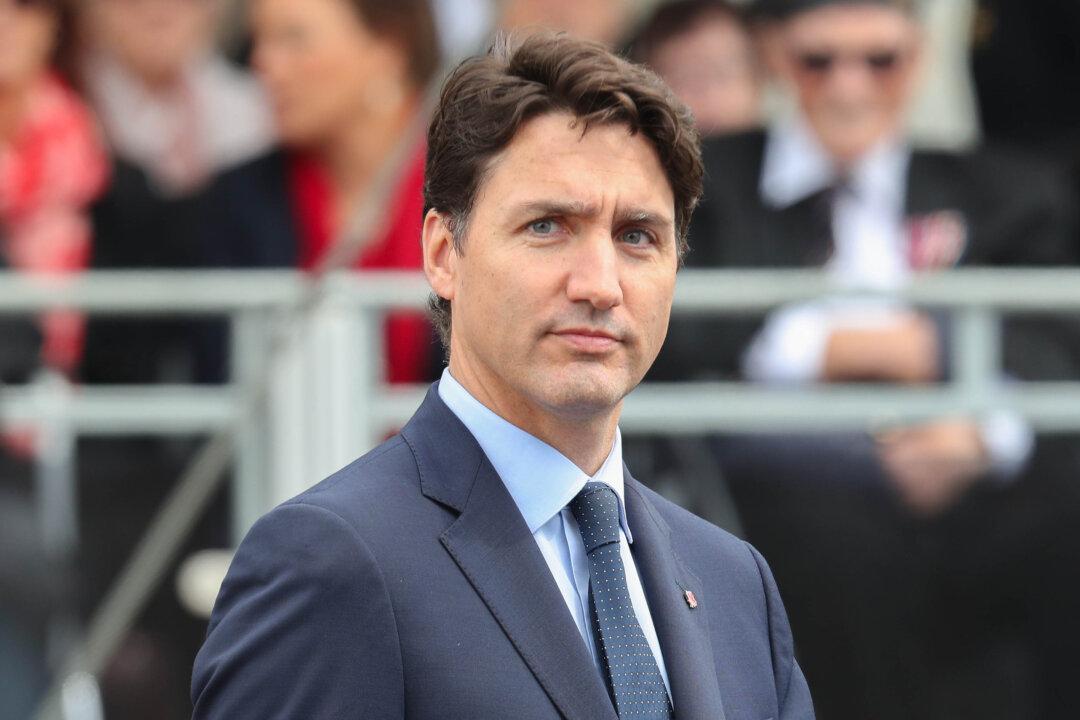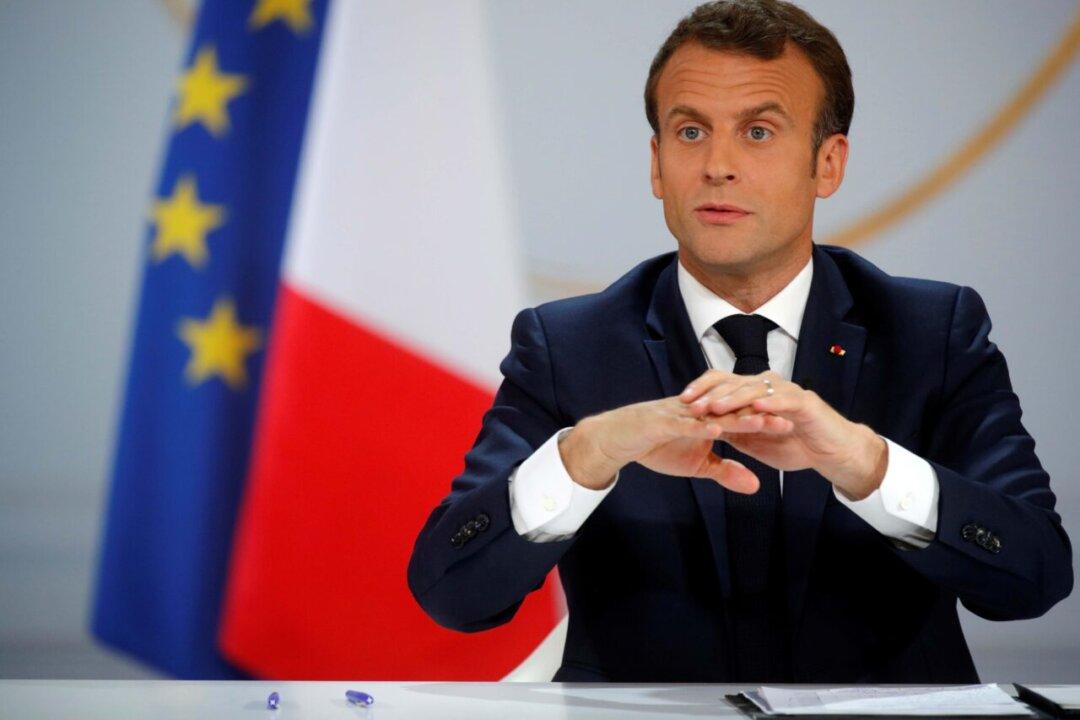The times they are a changing.
The foreign policy successfully followed by Ottawa for almost a decade will shortly be door nail dead. Designed and implemented by Prime Minister Stephen Harper, Canadian foreign policy has been consciously more assertive and direct. Ottawa hasn’t hesitated to “call a spade, a spade” when addressing foreign policy challenges around the world.
Such will not be the case under Trudeau-Liberal direction.
The existential Liberal concerns are domestic. The Ministry of Foreign Affairs doubtless anticipates this regime change with pleasure.





